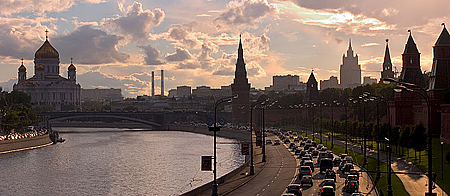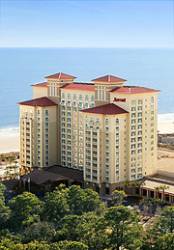Russia’s GNSS program plans to launch three more satellites in the first half of 2012 as part of a 20.55 billion ruble (US$655 million) federal target program budget for the coming year, the Roscosmos space agency announced on January 17.
Russia’s GNSS program plans to launch three more satellites in the first half of 2012 as part of a 20.55 billion ruble (US$655 million) federal target program budget for the coming year, the Roscosmos space agency announced on January 17.
GLONASS regained full global coverage on December 8 with the activation of the 24th satellite in its constellation, with eight healthy spacecraft in each of three orbital planes.
The constellation first reached its full operational capability with 24 spacecraft in 1995, but subsequently dwindled to a handful of functioning satellites by 2001 due to budget cuts and political lapses following the fall of the Soviet Union.
At present, 31 satellites comprise the GLONASS constellation, including three spares: two undergoing maintenance and one in the commissioning phase.
The next-generation GLONASS-K test spacecraft launched last year is still undergoing flight tests.
Late last year, Russian Prime Minister Vladimir Putin told newly-appointed Deputy Prime Minister Vladislav Surkov that he wants his long time political ally to provide political oversight for GLONASS and "continue working on the modernization policy."






